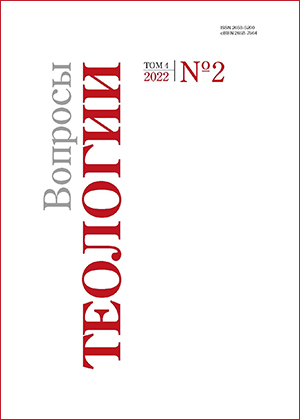Tauvil and tafviz as the basic methods of understanding and interpreting unclear texts of the Quran and hadis
DOI:
https://doi.org/10.21638/spbu28.2022.203Abstract
This article discusses the question of what the Muslim understanding of the hadiths (sayings) of the Prophet and the verses of the Koran, referred to in the scientific and theological environment as الآيات و الأحاديث المتشابهات (ambiguous verses and hadiths) should be. These are ambiguous sacred lines that can prompt a person to think about the articulation of Allah, about the possibility of limiting the Creator by space or moving Him, i. e. about the admissibility of some similarity between the Almighty and His creations. A misunderstanding of these hadiths and verses forms a distorted idea of Allah in a person and, under certain conditions, can lead him out of the bosom of Islam, since Monotheism — as the most important basis of Islamic dogma — presupposes the uniqueness of Allah by essence, actions and His attributes (sifats) and His absolute incomparability. The article presents a reasonable true interpretation of these verses of the noble Quran and hadiths. The work affirms the legitimacy and admissibility of tawil (interpretation of an obscure word, that is, the selection of a suitable meaning from the paradigm of the meanings of an obscure word, which corresponds to the rules of the Arabic language and does not indicate a shortcoming in relation to Almighty Allah) as a method in understanding obscure texts of the Quran and hadith.
Keywords:
verses of the Quran, the hadiths of the Prophet, the attributes (sifats) of Allah, Islam
Downloads
References
References
Downloads
Published
Issue
Section
License
Articles of "Issues of Theology" are open access distributed under the terms of the License Agreement with Saint Petersburg State University, which permits to the authors unrestricted distribution and self-archiving free of charge.




